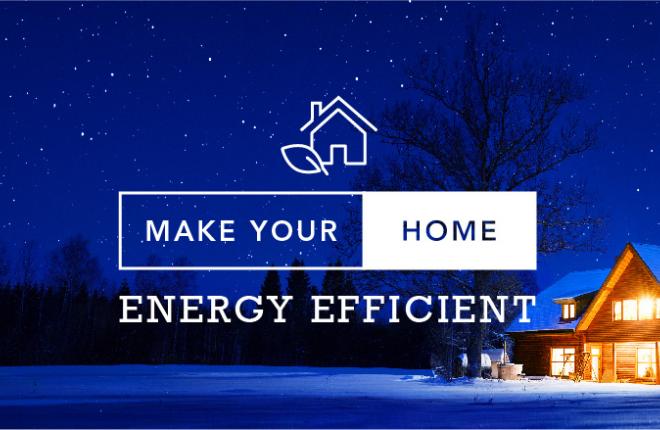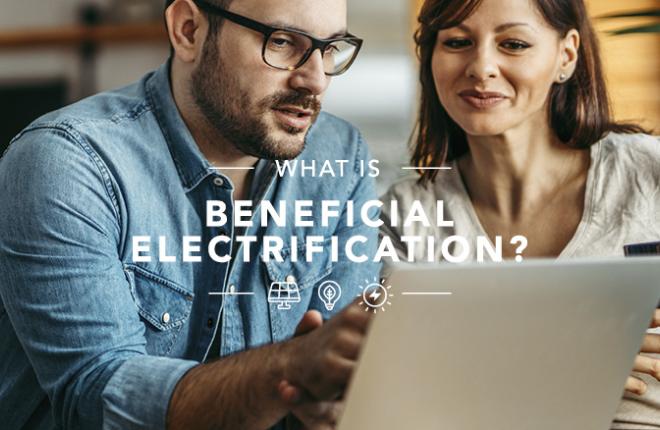Heating and Cooling with Heat Pumps
According to the U.S. Department of Energy, when paired with proper insulation, an electric heat pump can save over 30% on your heating and cooling bills compared to conventional HVAC systems. Here are some advantages of a heat pump:
- One system to heat your home in cold (even sub-zero) temperatures and keep it cool during warmer months
- Eliminate potential carbon monoxide exposure from combustion byproducts
- Costs substantially less to heat your home than propane or electric baseboard heat
Energy Saving Water Heaters
Another great way to embrace beneficial electrification is with a heat pump water heater (HPWH). They're available in multiple sizes to fit any household size (including commercial applications) and have fast recovery to keep hot water flowing.
Your local electric cooperative or public power district is a good resource to understand more about this technology, and potentially can help answer questions on contractors, financing, and incentives for this energy-efficient option. Contact your co-op or public power district for more details.
Cooking
One flip of a stovetop knob can have you joining a worldwide movement called beneficial electrification. Are you ready to rethink a lot of the things you thought you knew about cooking?
HVAC
In addition to heating, heat pumps provide air conditioning and humidity control. They work a lot like a refrigerator or air conditioner, using electricity and a refrigerant to move heat from one location to another. Learn more
LED Lighting
Making the switch to LED light bulbs offers significant energy savings over incandescent and halogen alternatives. On average, LEDs consume 80% less energy when compared to incandescent light bulbs.
Water Heaters
Conventional water heaters may be a thing of the past with the introduction of a variety of new energy-efficient water heaters. The type of water heater you choose will also affect your water heating costs. Learn more

Electrification Unlocks Opportunities for Rural Farmers and Their Community

11 Tips for a More Energy Efficient Home

